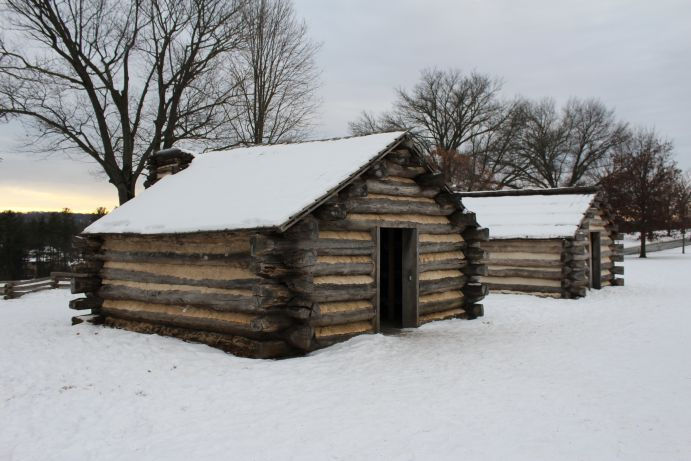Ruins of an Organic Food Mecca: Reflections on Walnut Acres
- Anneliese Abbott

- Sep 11, 2025
- 3 min read

I knew it was the right place. It was right where my directions said it should be, and I recognized the stately rows of oak trees on either side of the paved lane from a photo. But there was no sign, no historical marker, no indication at all that the collection of run-down, industrial-looking buildings at the end of the lane was one of the most important places in organic farming history.

I parked my car on a small piece of asphalt, realizing after I got out that this was only part of what had once been a much larger parking lot, now mostly overgrown with grass and weeds. I had permission to walk around the property, so I slowly circled the complex of weathered, red-painted buildings, overgrown now with trees and shrubs.
There was the old bank barn, still in reasonably good shape with its red-painted siding. The paint on the adjacent concrete-block building was peeling more. A thick cluster of electrical wires running into conduits on the building was the main indication that there had once been some kind of machinery inside, but there was no way to tell from the outside what it had been used for. I was walking over for a closer look when I was startled by a thumping noise in the adjacent lean-to. There couldn’t be anyone in there—it was all locked up! Then I saw a squirrel pop out of an opening and scamper away along the roof. I cut down through the woods to the far side of the complex, where the newest-looking but still aging buildings—pole structures with vertical siding, also red—were joined onto the older concrete block section.

There were two sections of building that looked nicer, with carefully laid stone accents and large plate-glass windows. When I peeked through the windows of the two-story structure, I finally knew I was in the right place. Arranged as sort of an impromptu museum exhibit behind the glass were some old farm machinery, some bags of millet and cornmeal, an old copper kettle, and—finally—the sign. In green letters on a white oval, bordering a painting of the farm, were the words “Walnut Acres Organic Farms: Since 1946.” Below, a rectangular sign read, “America’s Oldest Organic Farm.”

I headed back over to the parking area and sat thoughtfully on a large rock looking at the overgrown complex. From about 1950 to 2000, this place was buzzing with activity. Walnut Acres was the first-ever mail-order organic food company in the United States. Paul and Betty Keene bought the farm in 1946 after learning organic farming methods at Kimberton Farms School. Starting with apple butter—made with their own apples over an open fire in the copper kettle now on display—they began selling organic foods by mail to people all over the country who couldn’t find them locally. They milled whole-grain flours, made their own all-natural peanut butter, and welcomed aspiring organic farmers from all over the country.

As I sat on the rock, I tried to picture the parking lot full of cars, people walking into the store to buy their paper bags of whole wheat flour and cans of peanut butter, the dusty smell and noise of the milling machinery, the hustle and bustle of Walnut Acres when it was one of the most important organic farming destinations in the country. To me, it’s a historical site of national importance—but like most landmarks in organic farming history, it’s unmarked and unvisited. Maybe someday Walnut Acres will be better preserved and open to the public. For now, I’m just glad I had the opportunity to walk around, get a feel for the land, and dream about what once was.



Comments